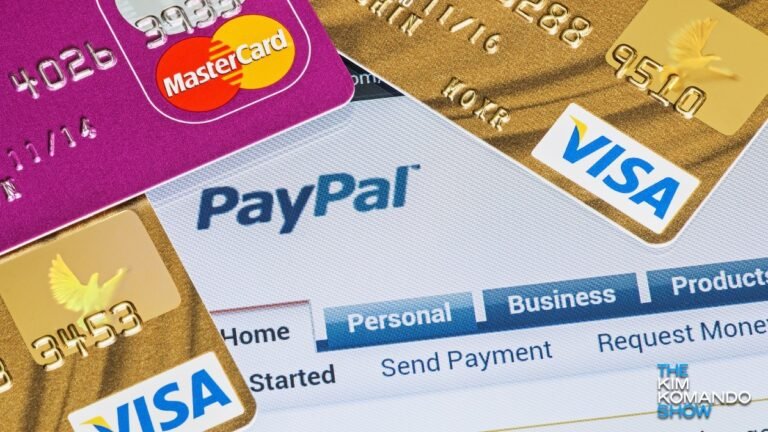In the ever-evolving digital age, online payments have become the cornerstone of modern financial transactions. Whether shopping online from the comfort of your home or making in-person purchases, the convenience of online payments cannot be overstated. However, with the rise of cybercrime and identity theft, safeguarding your financial information is paramount. In 2021 alone, combined identity fraud scam losses reached a staggering $28 billion, making it one of the fastest-growing criminal enterprises, according to a 2022 study by Javelin Strategy & Research.
To help you protect your hard-earned money, here’s a comprehensive guide to the safest online payment methods available:
1. Credit Cards: Renowned for their widespread acceptance and robust consumer protections, credit cards offer peace of mind. Most major credit card companies have implemented zero-liability policies, ensuring you’re not held responsible for unauthorized charges.
2. Debit Cards: While convenient, debit cards may offer somewhat less fraud protection compared to credit cards. Nevertheless, many banks provide debit card users with varying degrees of liability protection.
3. PayPal: As a secure and widely trusted online payment platform, PayPal allows you to link your bank account or credit card. What’s more, you can make purchases without disclosing your financial details to the seller, thanks to PayPal’s purchase protection program.
4. Apple Pay, Google Pay, and Samsung Pay: These cutting-edge mobile payment systems utilize tokenization to fortify the security of your payment information. They enable contactless payments in both physical stores and online environments, enhancing overall security.
5. Venmo: A subsidiary of PayPal, Venmo is a popular peer-to-peer payment app for splitting bills and paying friends. To safeguard your financial privacy, ensure your transactions are set to private, limiting who can view your payment history.
6. Bank Transfers: For substantial online payments, direct bank transfers, such as Automated Clearing House (ACH) payments, offer a secure option. However, exercise caution and double-check recipient information to avoid errors.
7. Cryptocurrencies: While cryptocurrencies like Bitcoin boast anonymity and robust security features, they also come with inherent risks. To navigate the crypto landscape securely, educate yourself on how to store and transact with cryptocurrencies.
8. Prepaid Cards: Prepaid cards, not directly linked to your bank account, minimize your exposure to potential fraud. Nevertheless, be aware of associated fees to make an informed choice.
9. Online Wallets: Certain online services, including Amazon Pay and Skrill, offer their digital wallets for payments. These can be secure alternatives, but it’s crucial to review their security measures and privacy policies.
10. Virtual Credit Card Numbers: Some credit card issuers provide virtual credit card numbers designed specifically for online purchases. These temporary numbers are linked to your primary credit card account, adding an extra layer of security.
In a world where digital transactions are the norm, the safety of your financial information should always be a top priority. By choosing one or more of these secure online payment methods, you can shop with confidence, knowing your hard-earned money is well-protected.




